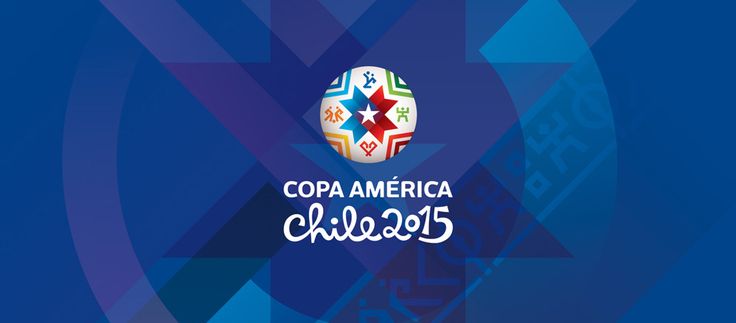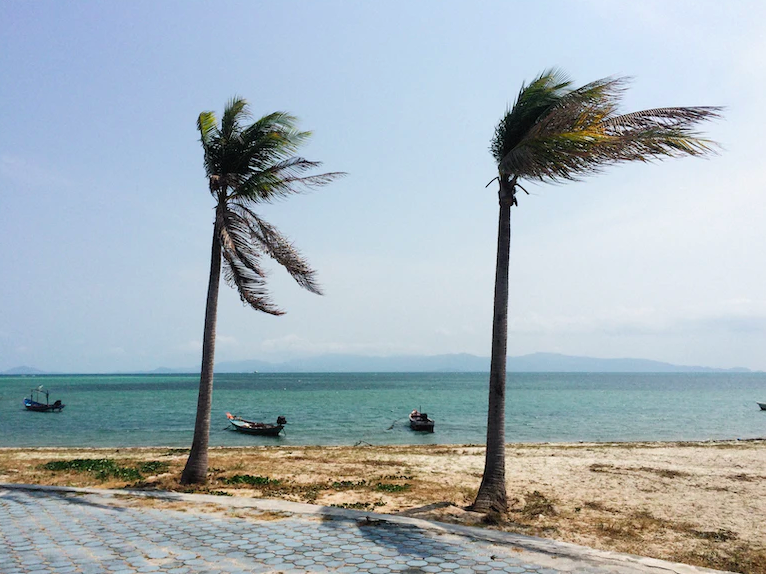 17,000 Colombian soldiers deployed to prevent illegal trade
17,000 Colombian soldiers deployed to prevent illegal trade
The closing of the Colombo-Venezuelan border has been announced in attempts to stop the illegal passage of goods from Venezuela to Colombia.
Colombian soldiers have been moved to the border primarily in order to control the recent rise in trading of food and petrol into Colombia. The closure began last Monday, August 11.
Vladimir Padrino López, Strategical Chief of the Venezuelan army, and Gustavo Moreno Maldonado, the Police Chief and Director General of Customs, further announced that the closure would be maintained for around 30 days.
President Santos of Colombia and Maduro of Venezuela made the measures public in a united front to stop the passage of contraband substances, during their recent meetings in Cartagena.
It is estimated that 40% of the food products and combustibles produced inside of Venezuela, which are subsidized by the Venezuelan Government, are taken to Colombia and resold at higher prices, generating further instability in the country.
Authorities estimate that over 40 million litres of petrol and 20,000 tonnes of food have been illegally brought in to Colombia since the beginning of this year.
In his radio show, José Vielma Mora, the Governor of Tachira (a Venezuelan state on the border with Colombia) said, “we are not closing the border during the day, because the majority of contraband substances are crossing overnight”.
During the Santos-Maduro meeting, efforts were announced to try and encourage a legal trade between both countries.
“What remains to be established (by the Venezuelan Government) is the type of exchange that will be used”, stated Santos. The President also hinted at future plans to sell Venezuelan petrol “at competitive prices”, but stressed that this would be limited to areas within the border zone. Santos clarified, “whilst we want to fight contraband and illegal commerce, we want to increase legal trade”.
The results of the temporary border closure will be documented, as Maduro announced the creation of a permanent working party, led by economic ministers from both countries, who will make monthly evaluations on the success of the agreements made at Cartagena.


